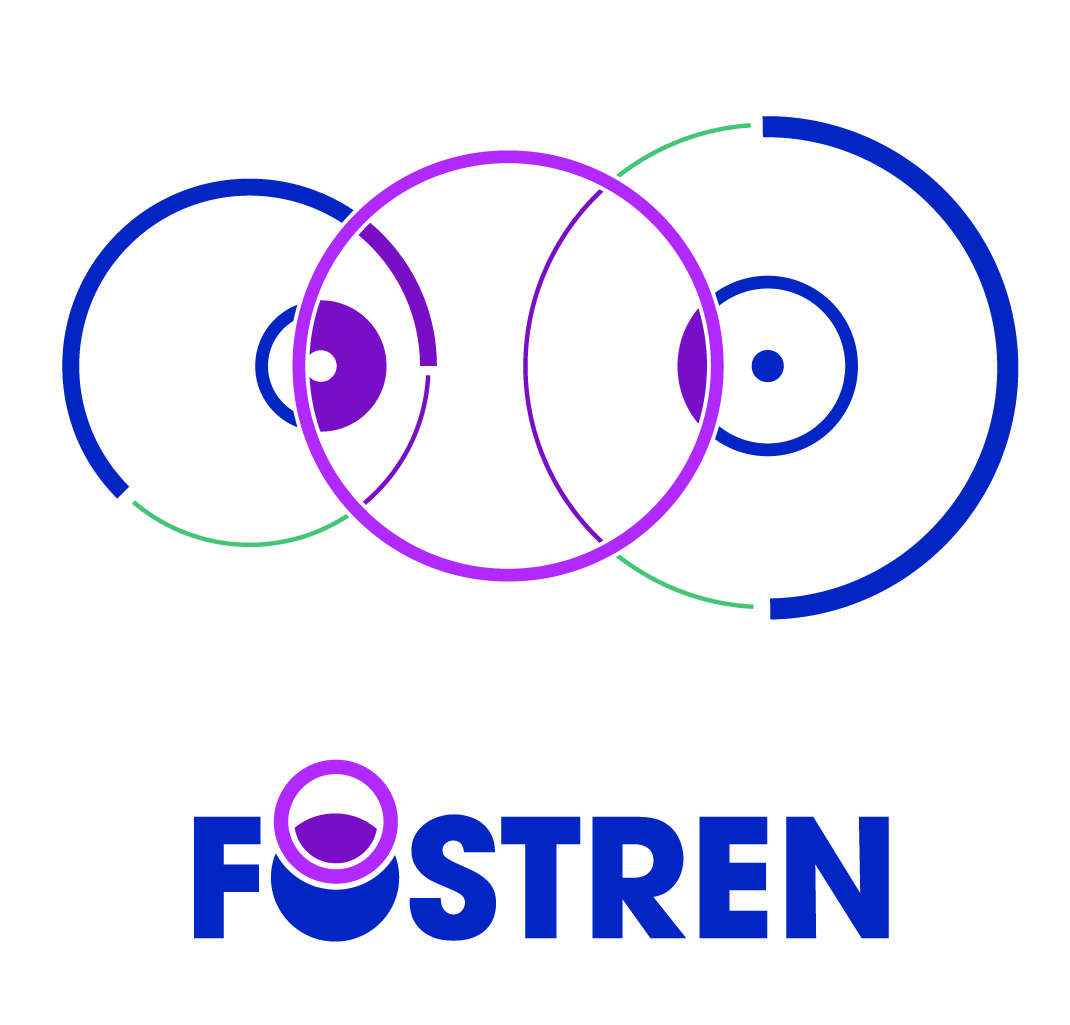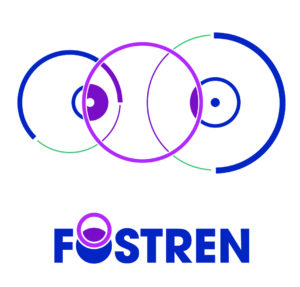WG4: Implementation Science
Working Group 4 (WG4) focused on processes that underpin the effective implementation of the findings from the other three WGs. Knowledge of best practices, however robust, is of little use if it is not adopted by mental health services across Europe as much as is feasible.
Recent decades have seen the development of understanding on the facilitators and obstacles to embedding evidence-based innovations into routine health care. This understanding has led to the design and testing of mechanisms which can maximise the facilitators and overcome many barriers to changing practice. These generic mechanisms were examined by WG4 and tailored to the specific context of coercion in mental health care in hospitals and the community.
Based on this analysis, an overall implementation model was formulated, and bespoke implementation packages for different contexts (e.g. high vs. low resource services) in the three WG1, WG2 and WG3 areas were drawn from this overall model. Elements of these packages was shared with staff in selected countries for feedback on feasibility, acceptability and clinical utility. WG4 met twice a year and organised a Training School (in Year 4). The 3 STSMs in this WG was shorter and more varied (up to 12 weeks with 3 hosts, 4 weeks per host) to enable implementation experts to visit and exchange views with as many participating organisations as possible and to get a sense of key implementation issues.
WG4 was to appoint a task leader and use its network activities to develop the overarching implementation model. It was also to produce specific deliverables relevant to its focus: a mapping exercise report and a state-of-the-art review.

